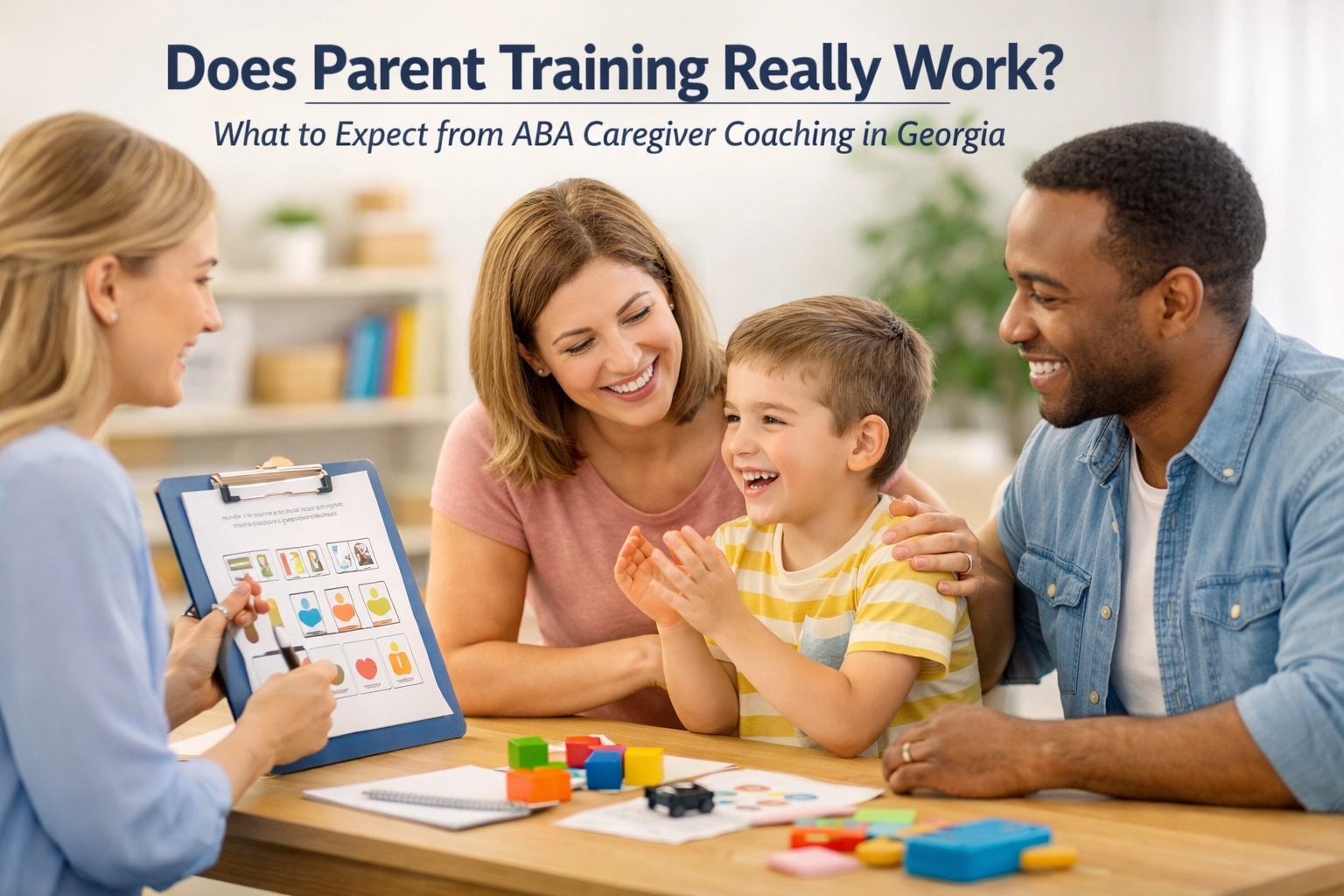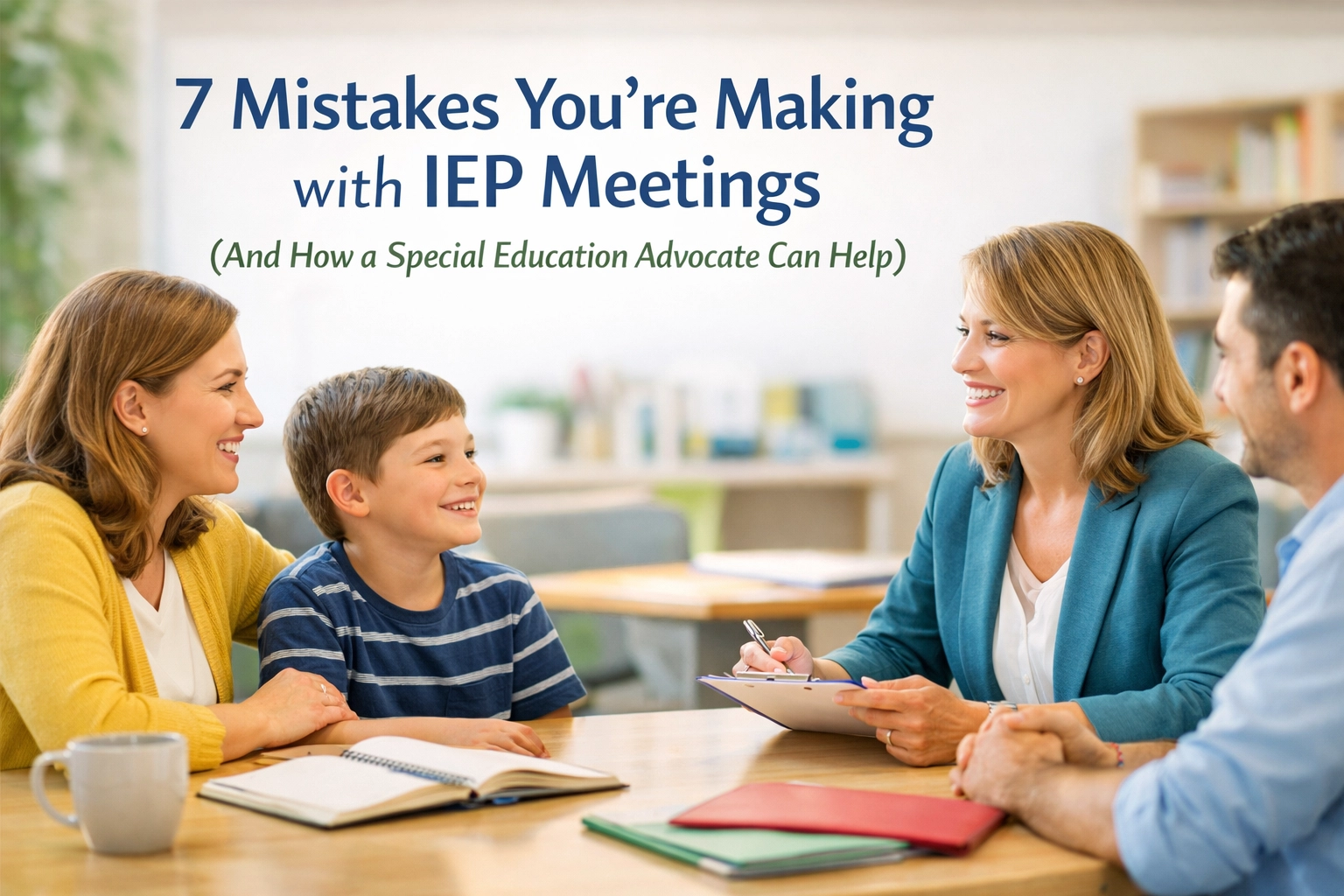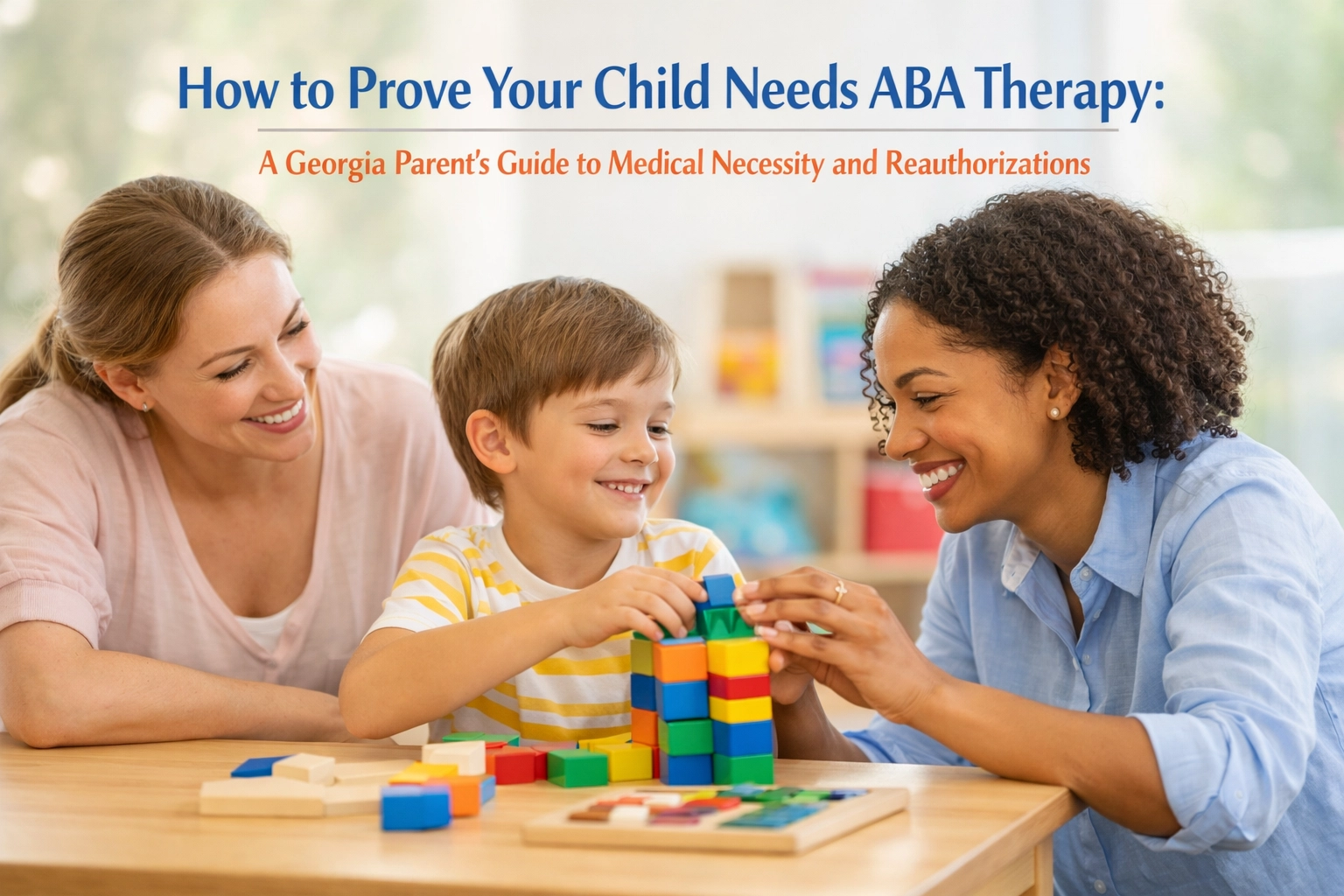Building Social Skills for Autism: MATS’ Saturday Groups & Peer Practice
Published by Myers Assessment and Therapeutic Services (MATS)
One of the most challenging aspects of Autism is difficulty with social interaction. While children can learn academic skills through individual therapy, social skills require practice with peers.
That’s why MATS offers Saturday Social Skills Groups—structured opportunities for children to practice friendship skills, conversation, and cooperation in a supportive, fun environment.
Why Social Competence is Vital
Social competence affects virtually every area of life, laying the foundation for independence and quality of life.
| Area | Impact of Social Skills |
| Academic Success | Cooperating in group projects, asking teachers for help, and managing peer conflicts. |
| Mental Health | Building friendships reduces isolation and improves self-esteem and emotional support. |
| Independence | Navigating community settings, asking for help, and understanding social expectations. |
| Quality of Life | Friendships bring joy, meaning, and increased opportunities for community inclusion. |
Common Social Challenges for Children with Autism
Our groups directly address the core areas where children with Autism often struggle:
Understanding Unwritten Social Rules
This includes navigating personal space, eye contact expectations, tone of voice, and reading social cues—the subtle, unstated rules of interaction.
Perspective-Taking
The challenge of understanding others’ thoughts and feelings, recognizing that others have different knowledge, and adjusting behavior based on others’ reactions.
Conversation Skills
Difficulties arise in starting conversations, maintaining a back-and-forth exchange, staying on topic, and reading cues that indicate when someone wants to leave.
Play Skills
Struggles include moving from parallel play to interactive and cooperative games, understanding flexible rules, and managing the emotional aspects of winning/losing.
Emotional Regulation in Social Situations
Children need explicit instruction on managing excitement or anxiety, coping with peer rejection, and handling disagreements appropriately.
What Makes a MATS Social Skills Group Effective?
Not all social skills groups are created equal. Our ABA-based methodology ensures effective, lasting skill development:
Small, Matched Groups
We maintain 4–6 children per group, carefully matched by age, skill level, and compatible behavioral profiles. Children need peers at a similar level to provide the most appropriate social practice.
Structured Activities with Clear Goals
Every 90-minute session targets a specific skill (e.g., “Asking to Join Play” or “Giving Compliments”). Activities are planned to create natural opportunities for practice.
Adult Facilitation and Coaching
Groups are led by BCBAs or highly trained RBTs. We provide in-the-moment coaching, prompting for social skills, reinforcement for successful interactions, and gentle correction—support that gradually fades as skills develop.
Generalization Planning
The ultimate goal is for skills to transfer to school, home with siblings, and community settings. We support this through parent coaching, home practice assignments, and occasional community outings.
A Typical MATS Saturday Session
Our 90-minute Saturday sessions are structured to maximize learning and fun:
| Time | Activity Focus | Skills Practiced |
| Arrival & Check-In | Greeting routines, sharing from the week, setting expectations. | Greetings, transitions, following group routines. |
| Skill Introduction | Modeling and demonstration of the target skill, using visual supports and social stories. | Attention, listening, asking questions. |
| Structured Activity | Cooperative games, art projects, role-play scenarios, or problem-solving challenges. | Turn-taking, sharing, cooperation, flexibility. |
| Snack Time | Conversational skills practice, requesting/offering, social eating skills. | Conversation, polite requests. |
| Free Play | Semi-structured, child-directed time with adult coaching as needed. | Initiating play, joining activities, negotiating rules. |
| Closing & Review | Review of skills, positive feedback for each child, home practice assignment. | Reflection, accepting feedback, saying goodbye. |

Age-Appropriate Groups at MATS
We tailor content and activity to the developmental level of each group:
- Younger Children (Ages 5-8): Focus on basic play skills, simple turn-taking, and following rules through sensory and movement games.
- Middle Childhood (Ages 9-12): Focus on cooperative play, conversation, managing conflicts, and emotional regulation through board games and team challenges.
- Teens (Ages 13-16): Focus on complex social navigation, self-advocacy, and real-world skills (e.g., ordering food, social media literacy) through discussion and community activities.
Your Crucial Role: Parent Involvement
Parents are essential for generalization. We encourage involvement through:
- Before Group: Reviewing target skills and practicing at home.
- During Group: Brief check-ins with the facilitator.
- After Group: Debriefing, receiving home practice activities, and reinforcing social attempts with siblings or peers.
When to Consider a Social Skills Group
Social groups are highly beneficial if your child:
- Wants friends but struggles to make them.
- Is often avoided or rejected by peers.
- Finds school social time stressful or unsuccessful.
- Needs explicit teaching of social rules in a structured, supported setting.
The combination of Individual ABA (for foundation skills) and Social Groups (for real-world peer practice) is the most powerful path to social competence.
Ready to Help Your Child Build Social Skills?
MATS Saturday Social Skills Groups provide the structured practice children need to develop friendships and navigate social situations successfully.
Contact us to learn more and verify insurance coverage:
- Phone: (770) 629-4660
- Email: intake@myersassessment.com
- Website: www.myersassessment.com
Social skills can be taught—and practiced—and mastered. Let’s help your child connect with peers and build lasting friendships.




